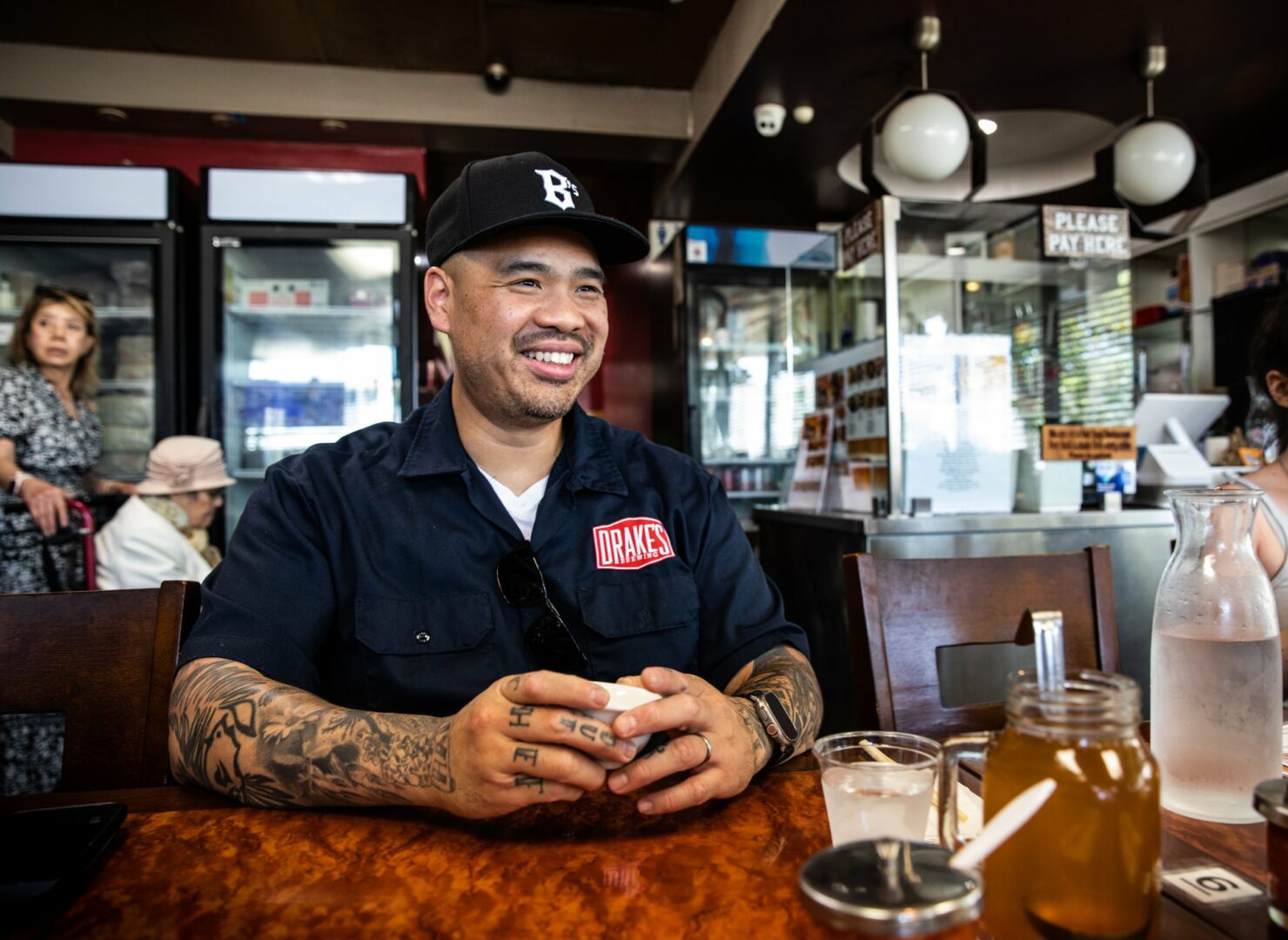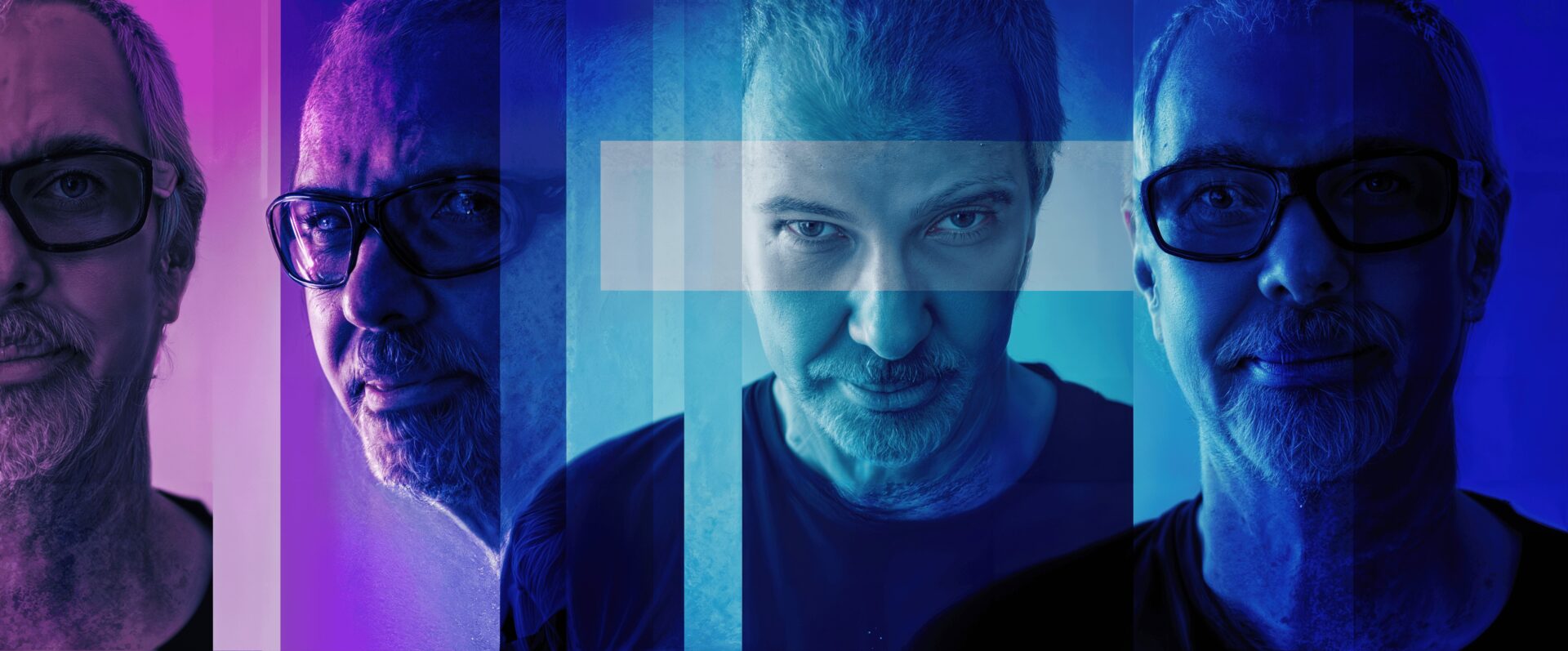We were lucky to catch up with Tu (david) Phu recently and have shared our conversation below.
Hi Tu (David), so excited to talk about all sorts of important topics with you today. The first one we want to jump into is about being the only one in the room – for some that’s being the only person of color or the only non-native English speaker or the only non-MBA, etc Can you talk to us about how you have managed to be successful even when you were the only one in the room that looked like you?
Being the only one in the room isn’t just about standing out—it’s about being seen, and often misjudged. As a brown man with tattoos, I’ve lived with the weight of assumptions people make about me. To many, I embody their fears—a threat or a predator. Even when I’m doing something as ordinary as shopping for groceries, I’m made to feel as though I’ve done something wrong. It’s in the nervous glances when I reach for my phone to pay, the mother suddenly pulling her children away from me. It’s unspoken, but it’s felt. And in professional spaces, those assumptions don’t disappear—they’re magnified.
But let me be clear: I have never been apologetic for the way I look or what I wear. I proudly represent who I am because it’s a reflection of my story. I stand tall, knowing that my presence challenges stereotypes. And by being authentic and vulnerable, I believe I’ve helped people confront and correct their own prejudices.
Yes, I have career accolades—TEDx speaker, Emmy-nominated filmmaker, author, restaurateur, and business consultant—but beyond the titles, people start to see me for who I truly am. They see that, despite looking “scary,” I’m a loving son, brother, and husband. They see someone who is compassionate, sensitive, and cares deeply about the world and the people in it. They see a human being.
For me, success is about more than surviving these spaces—it’s about transforming them. It’s about creating room for others to walk in as their full, unapologetic selves and feel not judged, but celebrated.
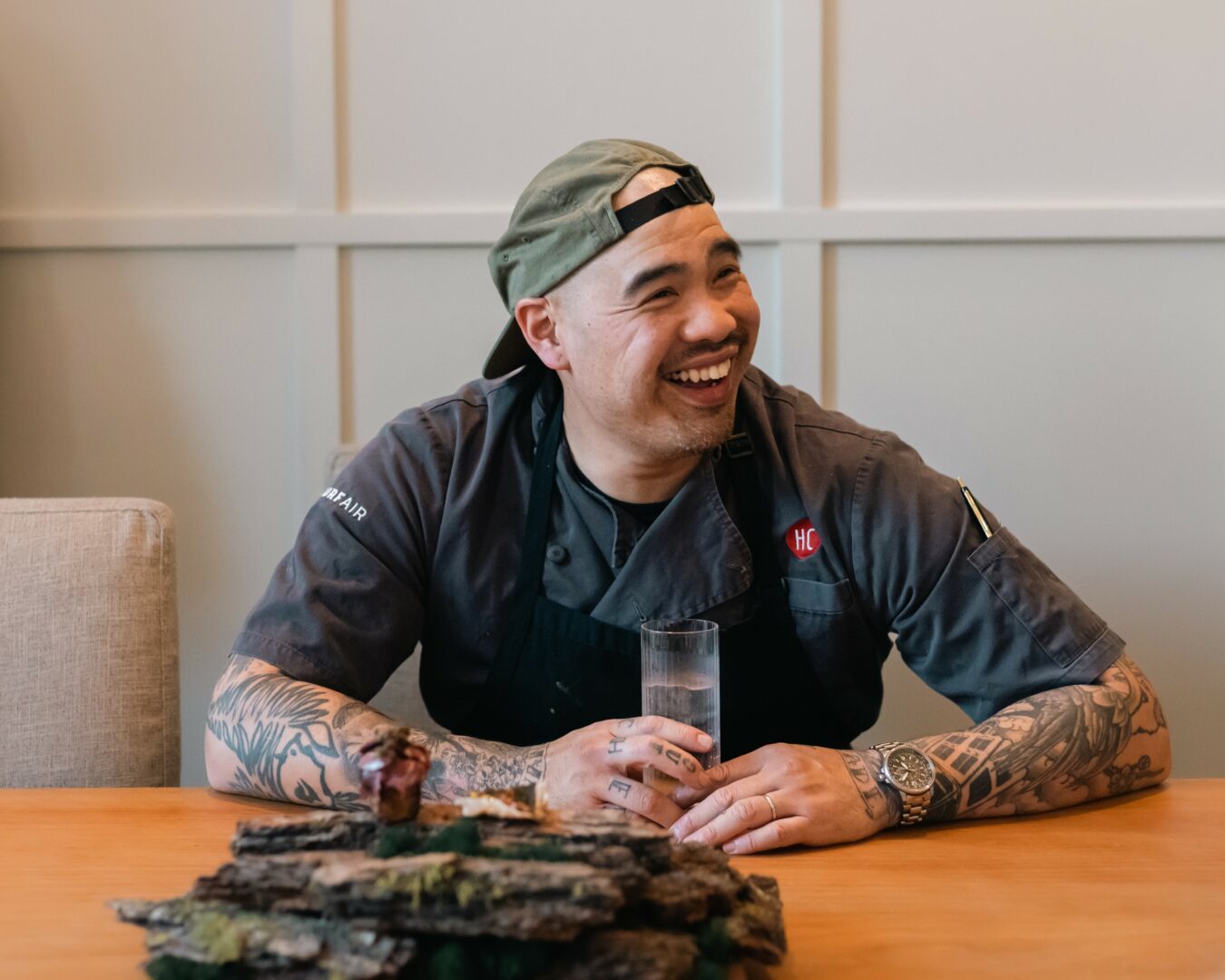
Let’s take a small detour – maybe you can share a bit about yourself before we dive back into some of the other questions we had for you?
My work is rooted in the idea that food is more than just something we consume—it’s a connection point, a shared language, and a force for change. Everything I do, whether it’s working in commodities, agriculture, retail, restaurants, or media, is about exploring how food and food spaces can bring people together and create impactful, lasting change.
What excites me most about this work is its multifaceted nature. One day, I might be working with marginalized seafood farmers in Southeast Asia to advocate for sustainable aquaculture practices. Another day, I’m consulting with brands to reimagine how they engage with consumers or curating a dining experience that tells a story about heritage and innovation. It’s the interplay of these spaces—business, sustainability, culture, and community—that I find most special.
A lot of my focus right now is on two fronts. First, I’m deepening my work with ocean conservation and sustainable food systems, particularly amplifying the voices of those often left out of the conversation. Second, I’m continuing to grow my restaurant, which is not just about serving food but creating a space that honors cultural narratives and fosters genuine connection.
Looking ahead, I’m excited about some new initiatives, including campaigns that explore the intersections of food, storytelling, and sustainability. Whether it’s through a plate of food, a retail strategy, or a film project, my goal is to always inspire connection, challenge assumptions, and remind people of the profound ways food shapes our lives.
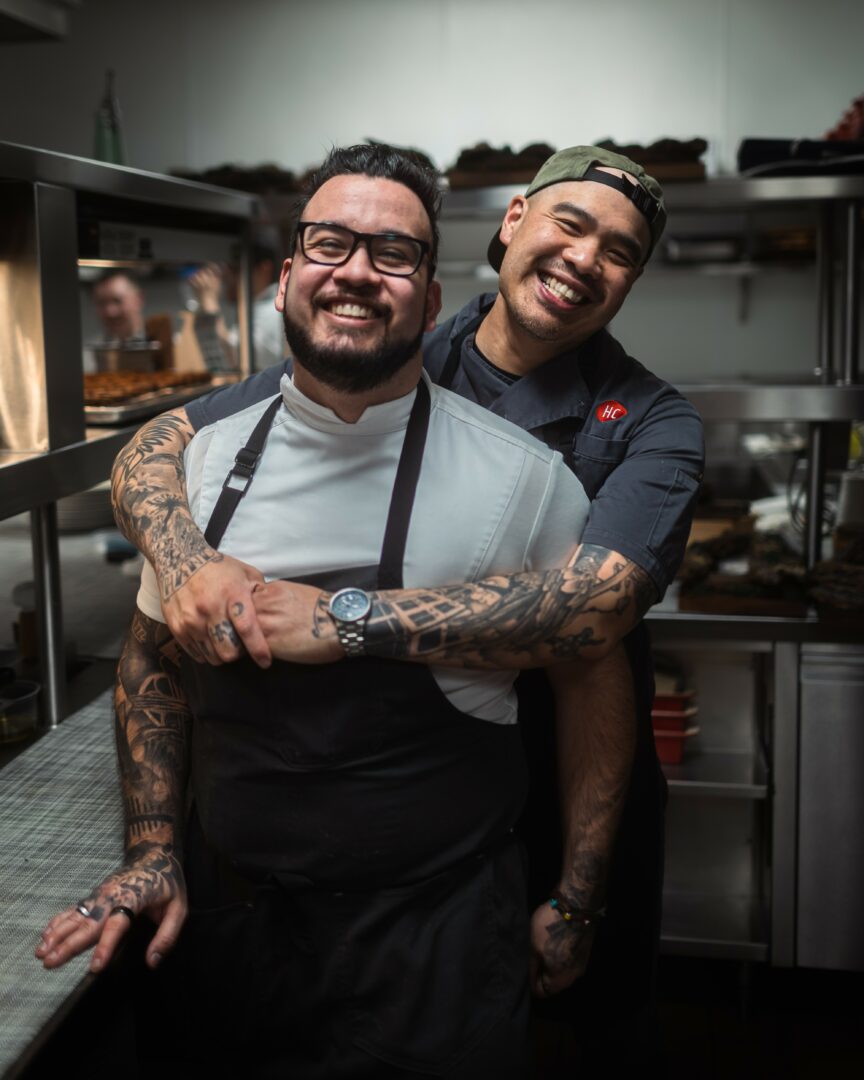
Looking back, what do you think were the three qualities, skills, or areas of knowledge that were most impactful in your journey? What advice do you have for folks who are early in their journey in terms of how they can best develop or improve on these?
Here’s the revised response, incorporating the importance of reading, writing, and speaking:
Looking back, three qualities have been pivotal in my journey: authenticity, adaptability, and communication—particularly the ability to read, write, and speak with intention.
Communication has been especially meaningful to me because of my family’s story. My father struggled with reading his entire life, likely due to undiagnosed dyslexia. My mother didn’t discover this until, at 19, he was required to write his name at a Thai refugee camp to seek asylum in America. Both my parents, due to war and displacement, were never afforded the privilege of education. Yet their intelligence and resilience are unmatched—they are the most brilliant people I know.
Their experiences have taught me not to take the power of literacy and expression for granted. Writing and speaking aren’t just skills; they’re tools that can move a crowd, inspire hearts, or bring someone to tears. On the other side, reading fosters sympathy and compassion because it allows us to explore worlds beyond our own, to step into someone else’s shoes. For me, reading is synonymous with empathy—it’s a way to bridge differences and deepen understanding.
For anyone starting their journey, I’d encourage you to cultivate these skills. Read widely and often, not just to learn but to connect with perspectives beyond your own. Practice writing—not for perfection but to find your voice and refine it over time. And speak when you can, with honesty and purpose, even if it feels intimidating. These abilities have the power to not only shape your journey but to influence and inspire those around you.
Above all, remember that intelligence isn’t measured by formal education or traditional skills. It’s in resilience, creativity, and the ways we adapt and connect. Honor where you come from, and use communication as a way to amplify your story and others’.
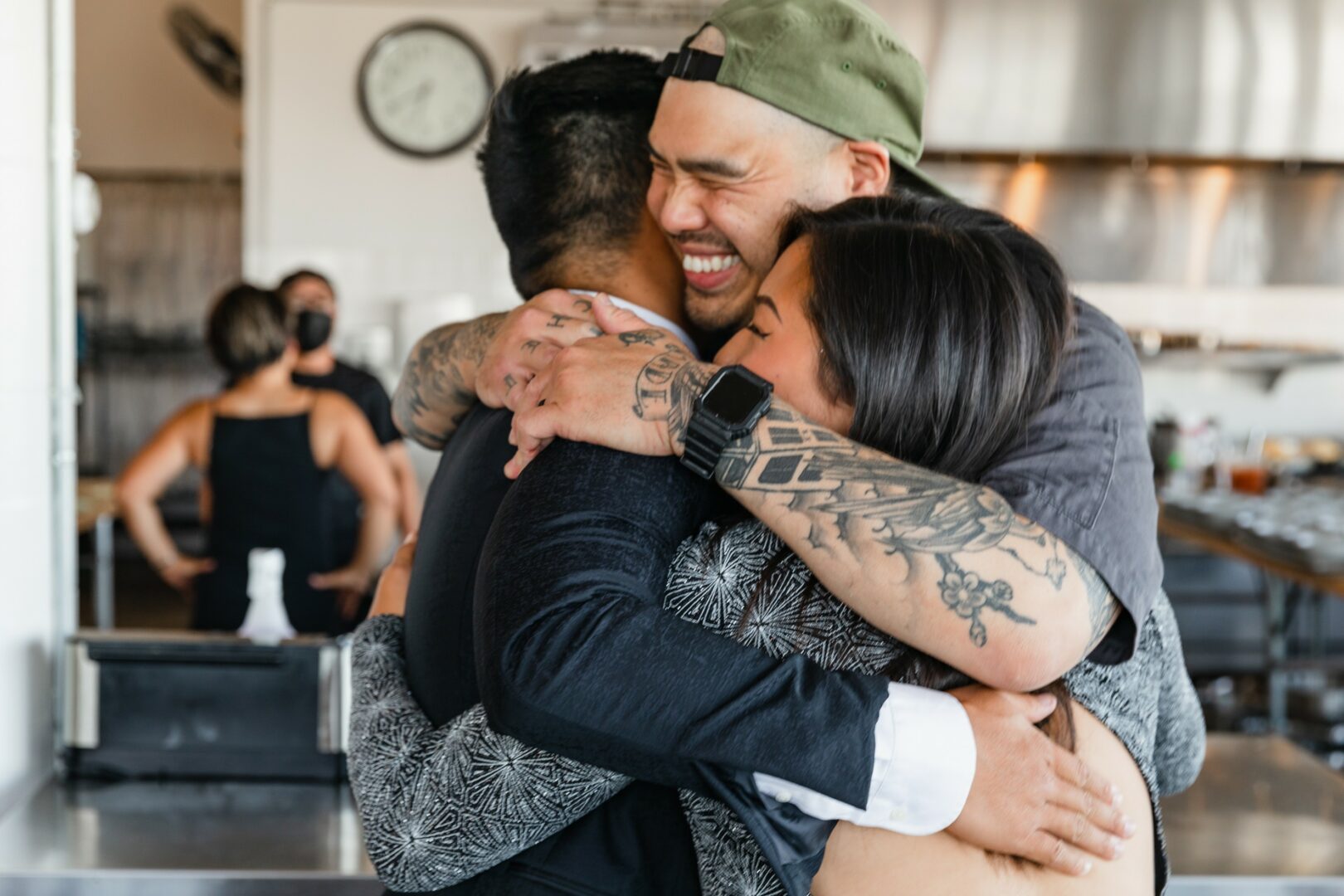
What do you do when you feel overwhelmed? Any advice or strategies?
When I feel overwhelmed, I remind myself that no problem, no matter how big, is insurmountable. It’s easy to see the full weight of a challenge and feel paralyzed, but I’ve learned to approach it differently: break it down. I think of it like carving a massive block of stone—you don’t reveal the shape in one swing. You chip away at it, piece by piece, day by day, until suddenly the form appears.
What’s helped me the most is falling in love with the process. I focus on showing up every day and committing to the work, rather than hyper-focusing on achieving the goal. The goal is secondary; it will come when it comes. What matters is the act of showing up and chipping away, even if some days feel slower than others. Consistency, more than speed or perfection, is what creates momentum and leads to results.
When overwhelm hits, I also remind myself to pause and prioritize. Not everything has to be done at once, and not everything has to be done alone. Taking it step by step, asking for help when needed, and giving yourself grace are all part of the process.
My advice? Don’t let the size of the obstacle trick you into thinking it’s immovable. Break it down and focus on the act of showing up, one small action at a time. Progress will come, and when it does, you’ll see that the real victory wasn’t in achieving the goal—it was in the commitment, the process, and the growth along the way.
Contact Info:
- Website: https://www.cheftu.com
- Instagram: @cheftudavidphu
- Facebook: @cheftudavidphu
- Linkedin: https://www.linkedin.com/in/cheftudavidphu/
- Twitter: @cheftudavidphu
- Youtube: @cheftudavidphu
- Other: https://www.meetatgigis.com
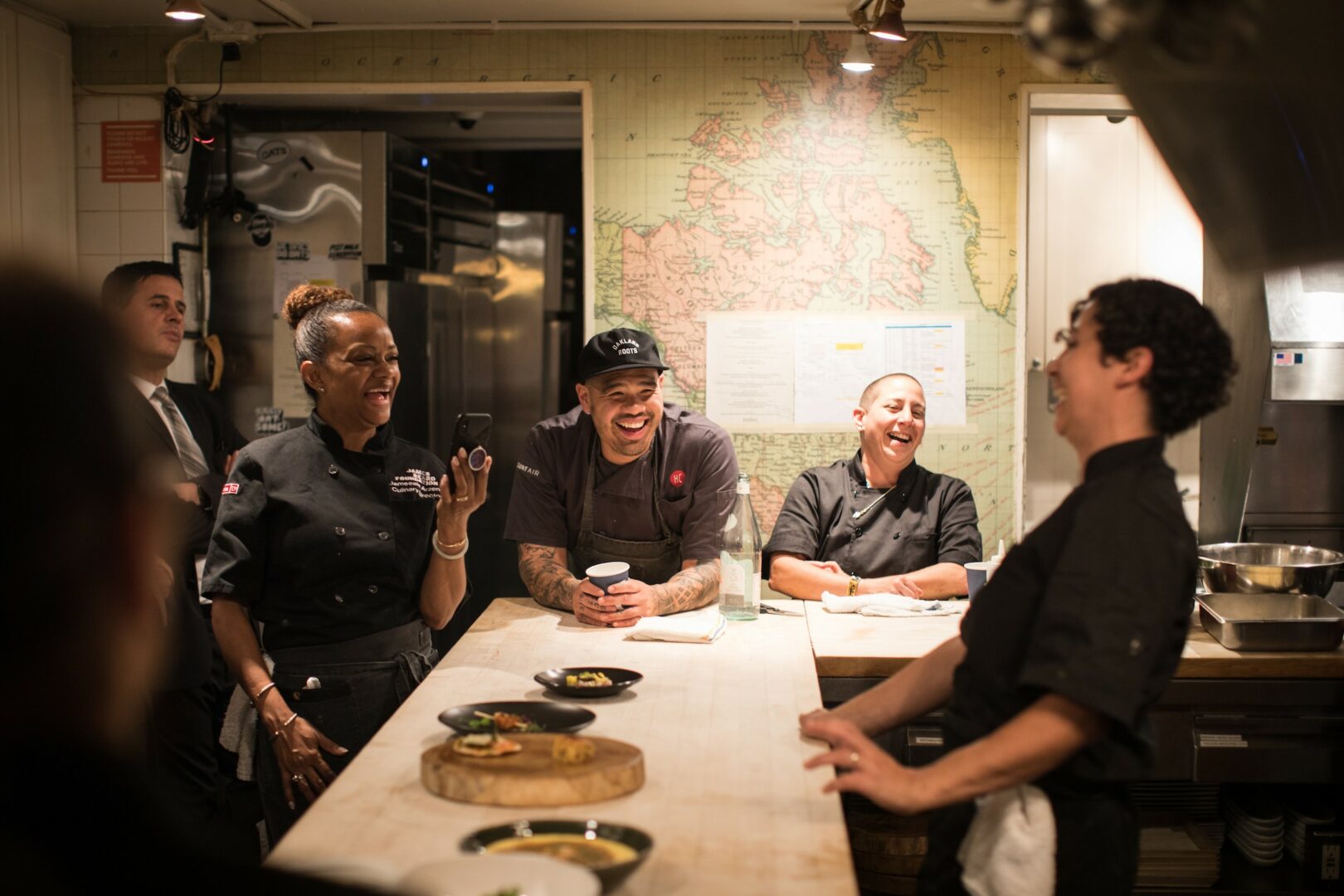
Image Credits
ttps://fallfoto.com/
https://www.spencerbrownphoto.com/
https://www.micahdiele.com/
so if you or someone you know deserves recognition please let us know here.

